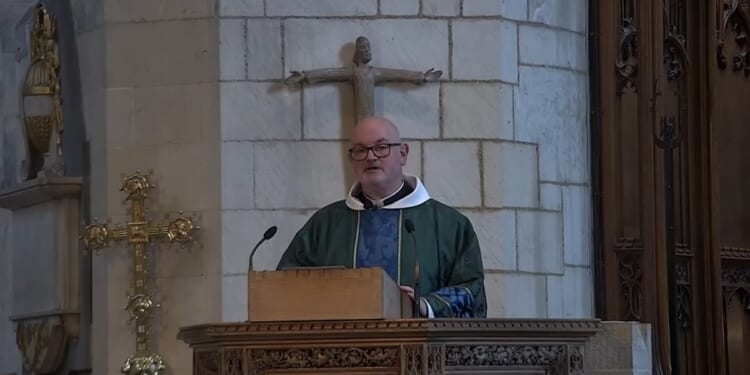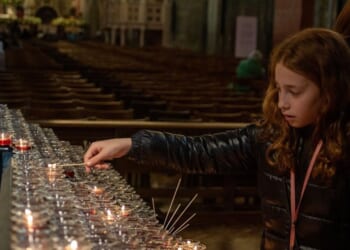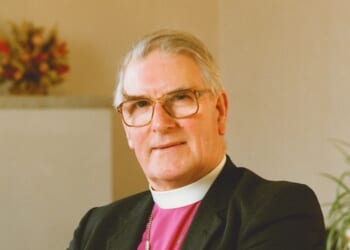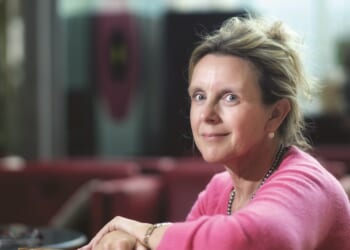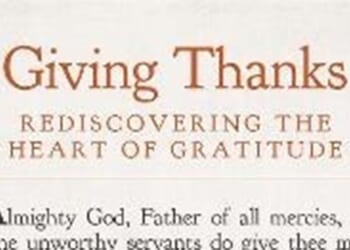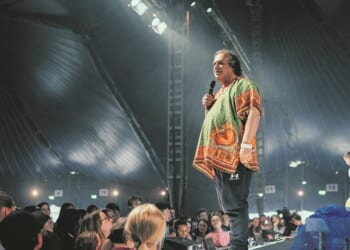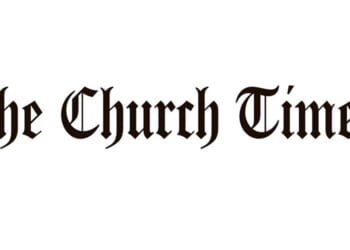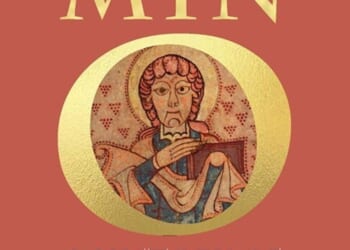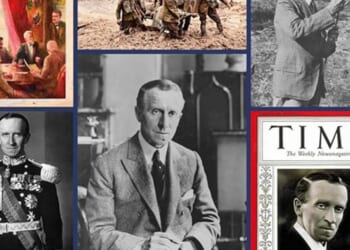THE Church of England’s Living in Love and Faith process, begun more than eight years ago in hopes of achieving a consensus on sexuality (News, 17 February 2017), has come under fire from both progressive and conservative quarters after the decisions taken at the recent House of Bishops meeting (News, 17 October).
The Bishops decided that there must be further synodical processes for stand-alone services of blessing for same-sex couples and for reconsideration of the bar on clerics’ entering into same-sex marriages.
“Episcopal authority has never been weaker since the 17th Century,” wrote the Rector of St Giles’s, Newcastle-under-Lyme, with Butterton, the Revd Joshua Penduck, in a blog post. He suggested that there had been a lack of due process, attributable to “stupidity”, a “rush to create a new settlement”, and “a lack of honesty about what such a process could achieve”.
“The fact that the legal advice has only just been released is a mark of how needlessly painful the process has been,” he wrote. LLF had benefited nobody: neither the LGBTQ+ community nor conservatives who were “weary, exhausted and feeling vulnerable”. “There is now less cohesion in the Church of England than ever before.”
Bishops had “come to sound less like episcopal centres of unity and more like powerful activists”, he suggested.
He described how, in his own parish, the LLF conversations begun in 2020 during the Covid-19 pandemic had produced “shouting, hurtful and insensitive comments, dreadful theology, grandstanding, and talking past one another”, and the departure of his PCC secretary.
In another piece published last week, the Dean of Canterbury, the Very Revd David Monteith, wrote that the House of Bishops’ statement had made him see “that no significant change is likely in my life span. . . Why, if you really do think that we are living without true repentance and are unworthy of blessings, do you not just get rid of us as that is the conclusion of the logic now received in this settled view?
“Dealing with internalised homophobia is often a life’s work for many of us, with the kindly welcome and acceptance by our Christian communities often being a key part of that healing. I found my life and heart constrict as I received this news once again; being told loudly and clearly that our minority lives and loves must remain marginal, hidden and uncatered-for like a vegetarian in 1980s France. . .
“Many agree that it is now far harder for us in the church than it was 30+ years ago. The tide is turning in the world with gains in equality now being questioned and many, including me, are fearful that what we see with far-right parties elsewhere, we may see here too. . . I don’t think we can trust the church to defend us if such a terrible day came. We would not justify care.”
Preaching in Southwark Cathedral on Sunday, its Dean, the Very Revd Dr Mark Oakley, said that reading Dean Monteith’s article had left him wanting to “scream silently inside, because I recognised so much of it”.
“In all the church debates in over 30 years of ministry, I have to tell you that I haven’t recognised myself,” he said. St Paul’s description of those who “exchanged their passion from natural to unnatural” did not describe him, he said.
“It wasn’t like that. I didn’t choose anything. I discovered who I was, and it wasn’t easy. I knew people beat up people like me; the Government was telling people not to teach children about people like me; the newspapers were naming people like me; the Church was excluding people like me if they were honest: they said Paul said I was unnatural and sinful and pointed to those lines in Romans.
“And I read, and I still read, and I don’t see myself, nor anyone I know like me. I don’t recognise my heart there, my need to be loved and to love, my longing not to spend my life alone or afraid.”
On Wednesday, the Bishop of Leicester, the Rt Revd Martyn Snow, who stepped down as the LLF lead earlier this year after 18 months (News, 13 June), said that he had been “dismayed to read comments suggesting the whole process has been a waste of time.
“Not only is this disrespectful to those for whom LLF provided a space for the expression of their pain — I spent many hours hearing the pain being experienced by a wide variety of people — but it also assumes that there was a better way that our disagreements could be resolved. The LLF process has been far from perfect (I have learnt much through my mistakes), but it was an attempt to model how people with different deeply held convictions could show love and care for one another.
“Society desperately needs this; and if the Church doesn’t model this, our witness is seriously diminished. Whatever happens at General Synod next year, the question of how we live together with differences will remain. I hope there will be some constructive suggestions for how we do this.”
Letters, page 15

